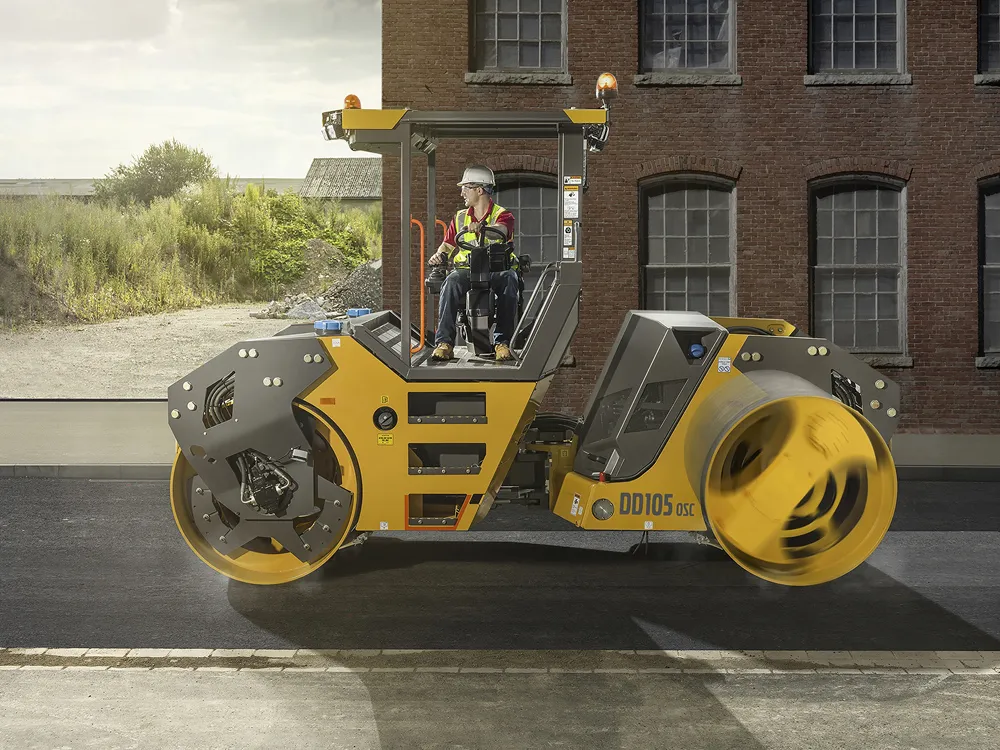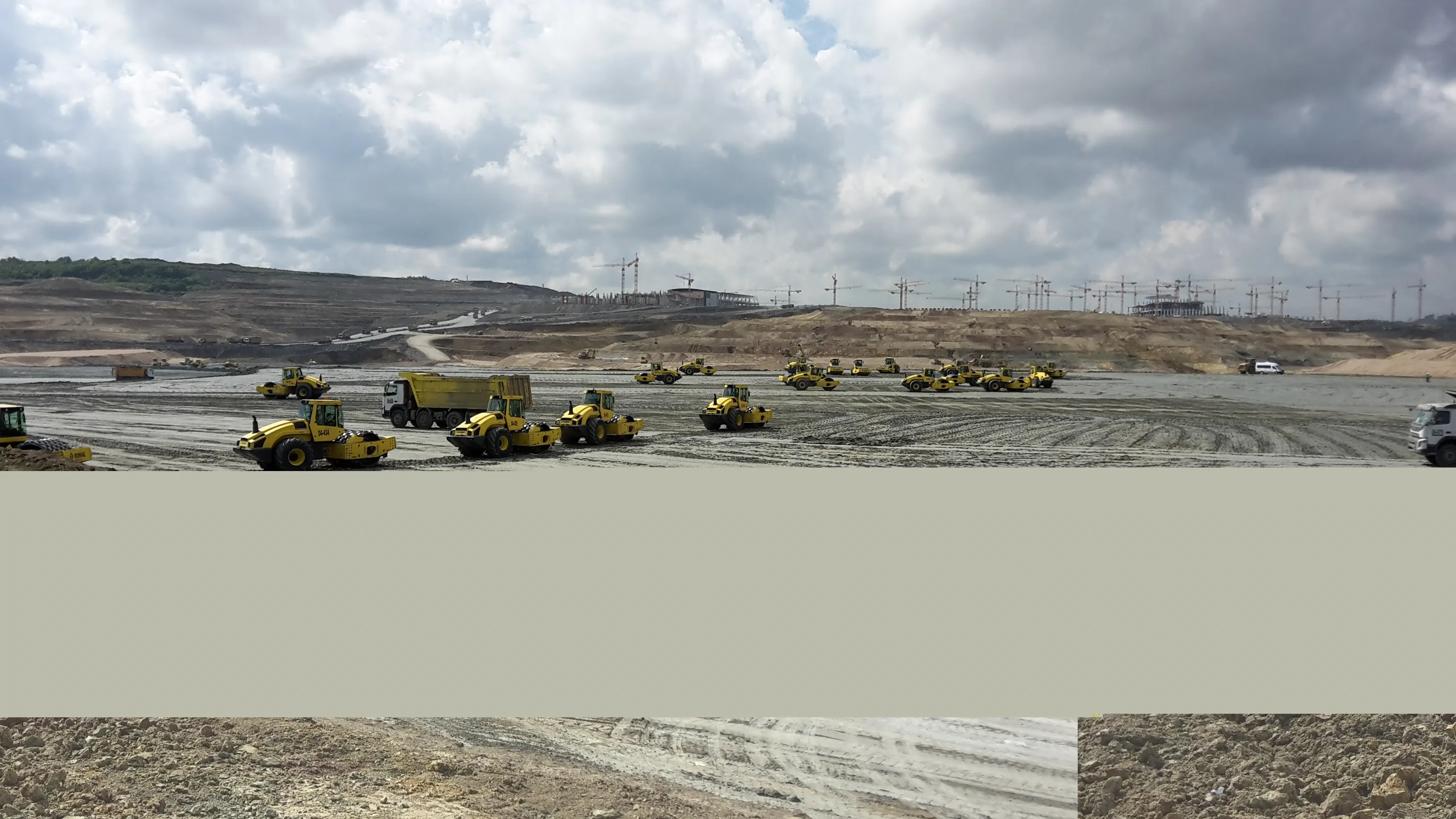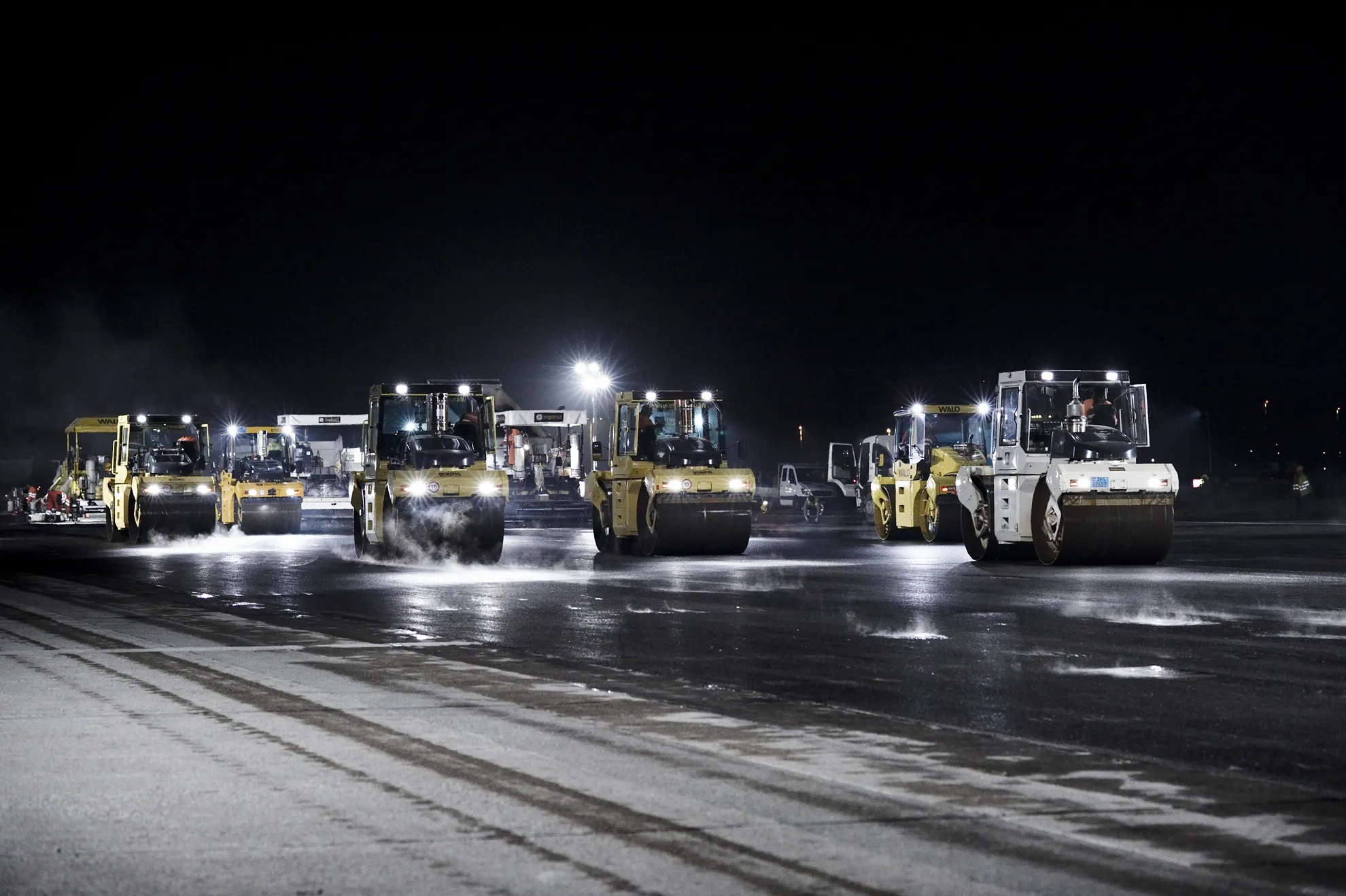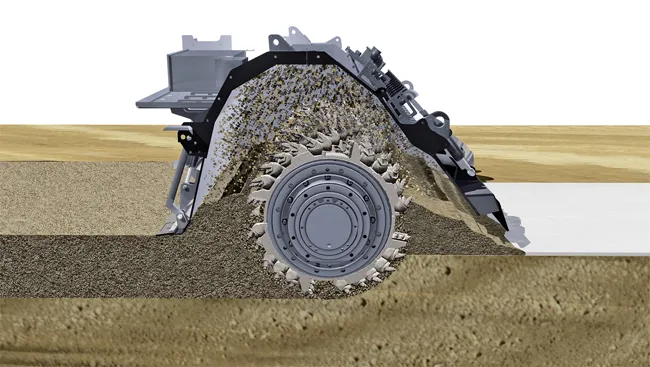From Caterpillar comes a new compaction system that is said to boost working efficiency. The innovative machine drive power (MDP) package is said to be an integrated soil compaction measurement technology that has been tested by contractors at several jobsites around the world.
Now coming to market, the MDP package is one component of an intelligent compaction (IC) package from the firm. The IC technology includes integrated compaction measurement (with an accelerometer, or Cat’s MDP), a system that pro
March 11, 2014
Read time: 3 mins
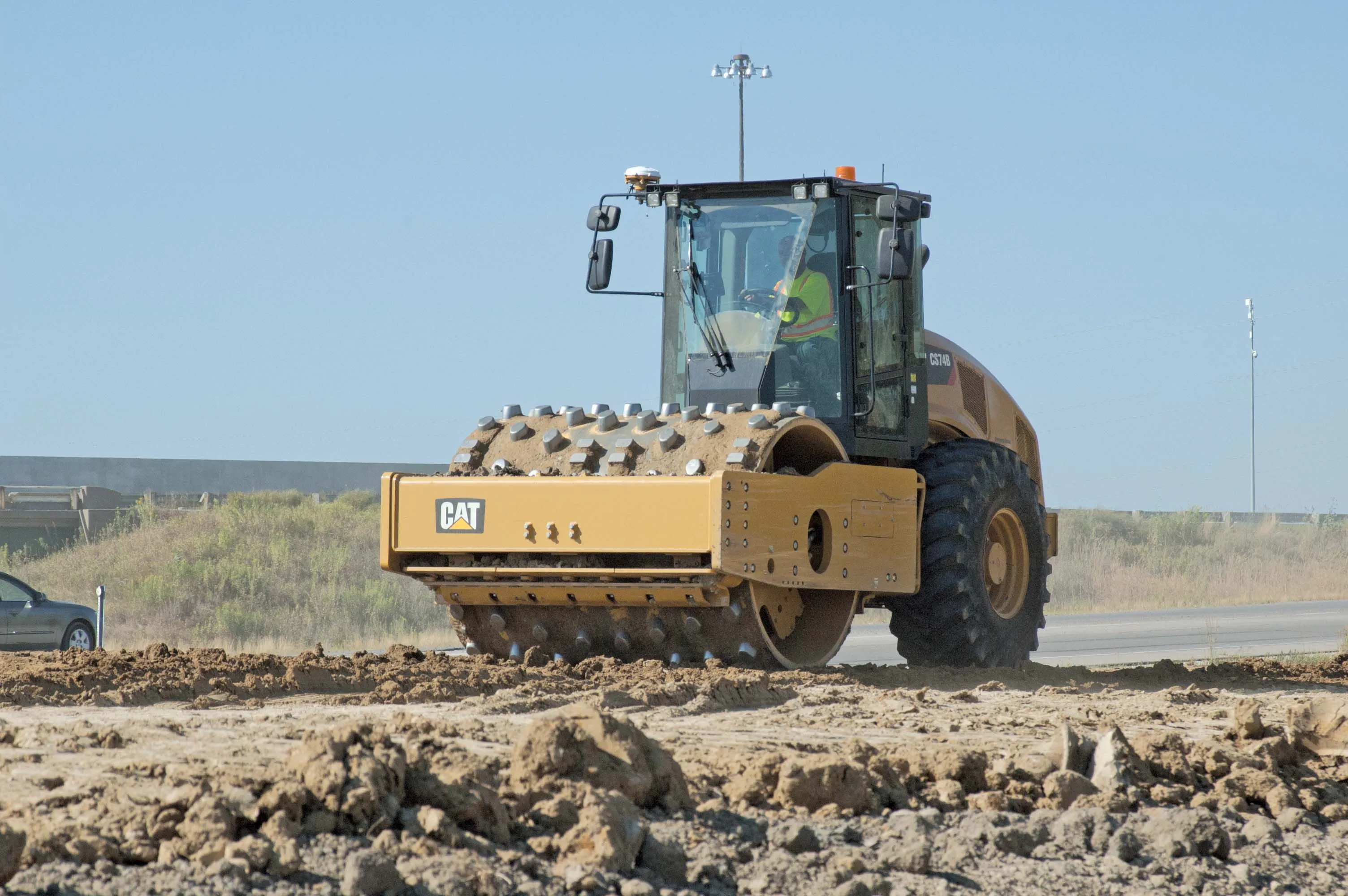
RSSFrom 4018 Caterpillar Paving comes a new compaction system that is said to boost working efficiency. The innovative machine drive power (MDP) package is said to be an integrated soil compaction measurement technology that has been tested by contractors at several jobsites around the world.
Now coming to market, the MDP package is one component of an intelligent compaction (IC) package from the firm. The IC technology includes integrated compaction measurement (with an accelerometer, or CAT’s MDP), a system that provides jobsite position location with GPS and data storage capabilities. The MDP system evaluates the rolling resistance at the drum, which indicates the degree of soil stiffness. The looser the material is, the harder it is for the drum to roll over the pile of material in front of it, providing a measure for soil stiffness and load-bearing strength, and whether compaction is sufficient.
The MDP system is a proprietary technology that has been developed by Caterpillar. The firm says that the system can be used on all soil types, allowing a compactor to act as a proof roller, even when not vibrating. It increases efficiency by reducing the need for multiple passes while also ensuring that compaction is uniform and to the required design specification. This uniformity prevents weak areas from failing. The system is also said to improve productivity as well as uniformity, reducing the number of passes needed from eight, to two or three in some tests.
The testing has been carried out in the US, as well as Germany, France, Sweden and Netherlands and the trials also show that density targets can be achieved in fewer passes. Reducing passes lowers fuel consumption, machine wear and labour costs. In the past contractors have had to rely on method specs, such as requiring eight passes, to ensure the compacted area can bear necessary load. But IC and MDP technology means that the number of passes can be lowered. This boosts quality as unnecessary passes can harm the surface, as well as lowering the time required to carry out a job. According to Caterpillar, IC and MDP measurements are now being considered in other corners, with state and federal transportation officials taking a closer look at this technology.
Now coming to market, the MDP package is one component of an intelligent compaction (IC) package from the firm. The IC technology includes integrated compaction measurement (with an accelerometer, or CAT’s MDP), a system that provides jobsite position location with GPS and data storage capabilities. The MDP system evaluates the rolling resistance at the drum, which indicates the degree of soil stiffness. The looser the material is, the harder it is for the drum to roll over the pile of material in front of it, providing a measure for soil stiffness and load-bearing strength, and whether compaction is sufficient.
The MDP system is a proprietary technology that has been developed by Caterpillar. The firm says that the system can be used on all soil types, allowing a compactor to act as a proof roller, even when not vibrating. It increases efficiency by reducing the need for multiple passes while also ensuring that compaction is uniform and to the required design specification. This uniformity prevents weak areas from failing. The system is also said to improve productivity as well as uniformity, reducing the number of passes needed from eight, to two or three in some tests.
The testing has been carried out in the US, as well as Germany, France, Sweden and Netherlands and the trials also show that density targets can be achieved in fewer passes. Reducing passes lowers fuel consumption, machine wear and labour costs. In the past contractors have had to rely on method specs, such as requiring eight passes, to ensure the compacted area can bear necessary load. But IC and MDP technology means that the number of passes can be lowered. This boosts quality as unnecessary passes can harm the surface, as well as lowering the time required to carry out a job. According to Caterpillar, IC and MDP measurements are now being considered in other corners, with state and federal transportation officials taking a closer look at this technology.


